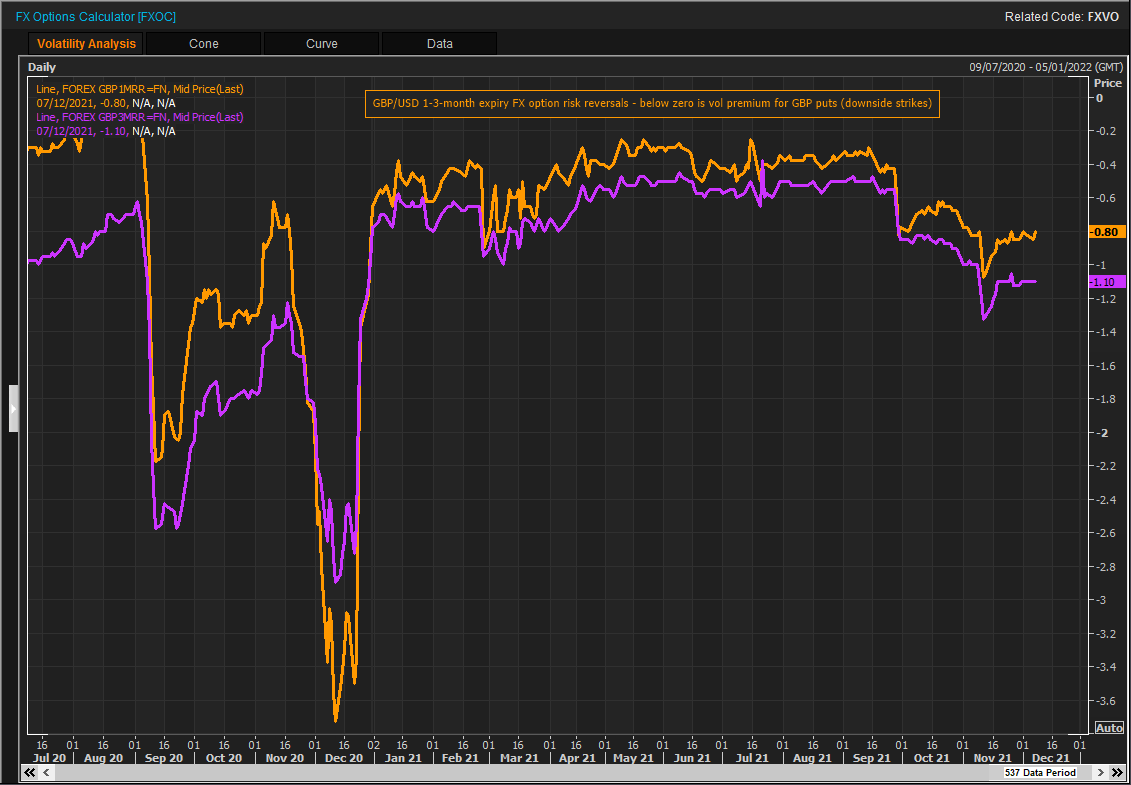
Despite recent concerns about the economy as well as the banking industry, bank stock still offers attractive growth potential. Bank stocks can be an important part of your portfolio, especially if you are looking for a solid dividend yield. Bank stocks can also be a good option if you think that interest rates are going to rise in the future. However, rising interest rates also create a variety of disruptions to the economy. These include higher borrowing costs for businesses and consumers, as well as higher interest payments from loans. These changes are likely to reduce the profitability of banks. Nine banks have performed well in this environment, and they are listed here.
JPMorgan Chase & Co. the US's largest bank pays the highest dividend in its industry. This is due to the firm's strong financial position and low capital cost. It has assets of $3.4 trillion, making it one the largest financial institutions in the globe.
The third-largest US bank, Citigroup Inc., pays a dividend that is second only to that of JPMorgan. This global financial services holding group includes the Citibank consumer bank, Quicken Loans mortgage lender and Allstate insurance company. It has approximately 200 million customers.

The National Bank of Canada is another top-ranked dividend-paying bank. Since 1973, the bank has had a strong focus on the Chinese American community. It trades at a fair valuation. Recent acquisitions including Worthington National Bank's acquisition in 2012 have also had a positive impact on the stock.
M&T Bank in the U.S. has been on a roll. M&T stocks are up 20% year-to date. However, the second quarter results of the company were disappointing. The operating expenses of the company were 15% higher than last year. M&T also reported that lending to M&T was held back due to pandemic-related disruptions.
One of the best-performing stocks on Wall Street this year has been BancFirst Bank (NYSE:BCB). The bank, which serves Texas and Oklahoma, has a market capitalization that exceeds $4 billion. The bank beat its top and bottom lines in July. The company continues to make acquisitions. The stock's price to earnings ratio is among the lowest of all the large banks. The company has a dividend yield of 4.8% which is one the highest in banking.
The company's credit performance is also impressive. It earned almost 60% of its income via rate spreads. Higher rates can impact the company's profitability, but the company has low-cost deposit funding that should mitigate this problem.

Citigroup is right now the best bank stock. The company has an excellent balance sheet and a history of paying high dividends. It also pays the largest dividend among the Big Four. The company's stock now trades at a reasonable value, though it is down to $50. 18 due diligence checks were also completed by the company.
FAQ
What is a bond?
A bond agreement between 2 parties that involves money changing hands in exchange for goods or service. It is also known as a contract.
A bond is usually written on a piece of paper and signed by both sides. This document details the date, amount owed, interest rates, and other pertinent information.
When there are risks involved, like a company going bankrupt or a person breaking a promise, the bond is used.
Many bonds are used in conjunction with mortgages and other types of loans. This means that the borrower will need to repay the loan along with any interest.
Bonds are used to raise capital for large-scale projects like hospitals, bridges, roads, etc.
When a bond matures, it becomes due. This means that the bond owner gets the principal amount plus any interest.
Lenders can lose their money if they fail to pay back a bond.
What are the advantages of investing through a mutual fund?
-
Low cost - Buying shares directly from a company can be expensive. Buying shares through a mutual fund is cheaper.
-
Diversification - Most mutual funds include a range of securities. When one type of security loses value, the others will rise.
-
Professional management - Professional managers ensure that the fund only invests in securities that are relevant to its objectives.
-
Liquidity- Mutual funds give you instant access to cash. You can withdraw your money whenever you want.
-
Tax efficiency: Mutual funds are tax-efficient. So, your capital gains and losses are not a concern until you sell the shares.
-
There are no transaction fees - there are no commissions for selling or buying shares.
-
Mutual funds are easy to use. You will need a bank accounts and some cash.
-
Flexibility: You have the freedom to change your holdings at any time without additional charges.
-
Access to information- You can find out all about the fund and what it is doing.
-
Investment advice - ask questions and get the answers you need from the fund manager.
-
Security - know what kind of security your holdings are.
-
Control - You can have full control over the investment decisions made by the fund.
-
Portfolio tracking allows you to track the performance of your portfolio over time.
-
You can withdraw your money easily from the fund.
Investing through mutual funds has its disadvantages
-
Limited selection - A mutual fund may not offer every investment opportunity.
-
High expense ratio: Brokerage fees, administrative fees, as well as operating expenses, are all expenses that come with owning a part of a mutual funds. These expenses will reduce your returns.
-
Lack of liquidity - many mutual fund do not accept deposits. These mutual funds must be purchased using cash. This limit the amount of money that you can invest.
-
Poor customer service - there is no single contact point for customers to complain about problems with a mutual fund. Instead, you will need to deal with the administrators, brokers, salespeople and fund managers.
-
It is risky: If the fund goes under, you could lose all of your investments.
Are bonds tradable?
Yes, they are. They can be traded on the same exchanges as shares. They have been for many, many years.
They are different in that you can't buy bonds directly from the issuer. You must go through a broker who buys them on your behalf.
Because there are less intermediaries, buying bonds is easier. This means that selling bonds is easier if someone is interested in buying them.
There are many different types of bonds. Some bonds pay interest at regular intervals and others do not.
Some pay quarterly interest, while others pay annual interest. These differences make it easy to compare bonds against each other.
Bonds are great for investing. You would get 0.75% interest annually if you invested PS10,000 in savings. The same amount could be invested in a 10-year government bonds to earn 12.5% interest each year.
If all of these investments were put into a portfolio, the total return would be greater if the bond investment was used.
What is a mutual-fund?
Mutual funds consist of pools of money investing in securities. Mutual funds offer diversification and allow for all types investments to be represented. This reduces the risk.
Mutual funds are managed by professional managers who look after the fund's investment decisions. Some mutual funds allow investors to manage their portfolios.
Because they are less complicated and more risky, mutual funds are preferred to individual stocks.
How do you choose the right investment company for me?
You should look for one that offers competitive fees, high-quality management, and a diversified portfolio. The type of security in your account will determine the fees. Some companies have no charges for holding cash. Others charge a flat fee each year, regardless how much you deposit. Others may charge a percentage or your entire assets.
Also, find out about their past performance records. You might not choose a company with a poor track-record. Avoid companies that have low net asset valuation (NAV) or high volatility NAVs.
Finally, it is important to review their investment philosophy. Investment companies should be prepared to take on more risk in order to earn higher returns. They may not be able meet your expectations if they refuse to take risks.
Why are marketable Securities Important?
An investment company exists to generate income for investors. It does this by investing its assets in various types of financial instruments such as stocks, bonds, and other securities. These securities are attractive to investors because of their unique characteristics. They can be considered safe due to their full faith and credit.
A security's "marketability" is its most important attribute. This refers to the ease with which the security is traded on the stock market. Securities that are not marketable cannot be bought and sold freely but must be acquired through a broker who charges a commission for doing so.
Marketable securities include government and corporate bonds, preferred stocks, common stocks, convertible debentures, unit trusts, real estate investment trusts, money market funds, and exchange-traded funds.
These securities are often invested by investment companies because they have higher profits than investing in more risky securities, such as shares (equities).
Statistics
- US resident who opens a new IBKR Pro individual or joint account receives a 0.25% rate reduction on margin loans. (nerdwallet.com)
- The S&P 500 has grown about 10.5% per year since its establishment in the 1920s. (investopedia.com)
- Individuals with very limited financial experience are either terrified by horror stories of average investors losing 50% of their portfolio value or are beguiled by "hot tips" that bear the promise of huge rewards but seldom pay off. (investopedia.com)
- Our focus on Main Street investors reflects the fact that American households own $38 trillion worth of equities, more than 59 percent of the U.S. equity market either directly or indirectly through mutual funds, retirement accounts, and other investments. (sec.gov)
External Links
How To
How to trade in the Stock Market
Stock trading refers to the act of buying and selling stocks or bonds, commodities, currencies, derivatives, and other securities. Trading is French for "trading", which means someone who buys or sells. Traders trade securities to make money. They do this by buying and selling them. It is one of the oldest forms of financial investment.
There are many options for investing in the stock market. There are three types of investing: active (passive), and hybrid (active). Passive investors do nothing except watch their investments grow while actively traded investors try to pick winning companies and profit from them. Hybrid investors take a mix of both these approaches.
Passive investing can be done by index funds that track large indices like S&P 500 and Dow Jones Industrial Average. This type of investing is very popular as it allows you the opportunity to reap the benefits and not have to worry about the risks. You just sit back and let your investments work for you.
Active investing is about picking specific companies to analyze their performance. The factors that active investors consider include earnings growth, return of equity, debt ratios and P/E ratios, cash flow, book values, dividend payout, management, share price history, and more. Then they decide whether to purchase shares in the company or not. If they feel that the company is undervalued, they will buy shares and hope that the price goes up. However, if they feel that the company is too valuable, they will wait for it to drop before they buy stock.
Hybrid investing blends elements of both active and passive investing. A fund may track many stocks. However, you may also choose to invest in several companies. In this scenario, part of your portfolio would be put into a passively-managed fund, while the other part would go into a collection actively managed funds.